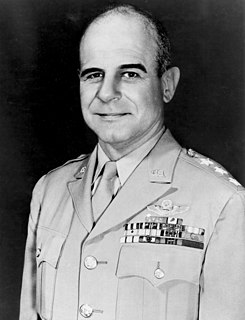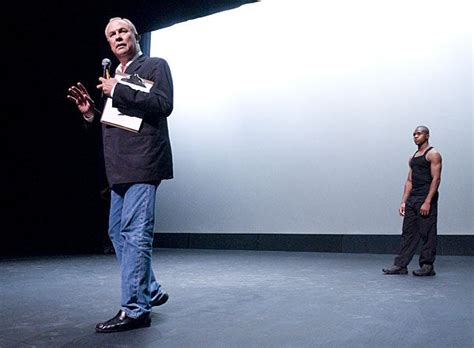A Quote by M. Russell Ballard
Because the eternal principle of agency gives us the freedom to choose and think for ourselves, we should become increasingly able to solve problems. We may make the occasional mistake, but as long as we are following gospel principles and guidelines, we can learn from those mistakes and become more understanding of others and more effective in serving them.
Related Quotes
Sometimes I think I was more in control of my life years and years ago, and yet one should make progress; one should learn more every year and become…well, if not happier, then calmer and more able to handle your problems. But I’m not. Sometimes I just seem to make more problems for myself. I do. It makes me feel I haven’t grown up as much as I should have by now.
Realizing who we are and what we may become assures us that with God nothing really is impossible. From the time we learn that Jesus wants us for a Sunbeam until we learn more fully the basic principles of the gospel, we are taught to strive for perfection. It is not new to us then to talk of the importance of achievement. The difficulty arises when inflated expectations of the world alter our definition of greatness.
You become more and more charged with your life and with a life that you're observing. When I was younger, I was actually looking forward to getting older, to have more insight, more understanding. I'm much more tolerant with others and with myself. I'm not in rebellion all the time, I'm not angry so much. But all those feelings are really useful [when you're young] because they fire us, as long as they don't get out of control.
... I don't think anybody should avoid mistakes. If it is within their nature to make certain mistakes, I think they should make them, make the mistakes and find out what the cost of the mistake is, rather than to constantly keep avoiding it, and never really knowing exactly what the experience of it is, what the cost of it is, you know, and all the other facets of the mistake. I don't think that mistakes are that bad. I think that they should try and not do destructive things, but I don't think that a mistake is that serious a thing that one should be told what to do to avoid it.
Be proud of your mistakes. Well, proud may not be exactly the right word, but respect them, treasure them, be kind to them, learn from them. And, more than that, and more important than that, make them. Make mistakes. Make great mistakes, make wonderful mistakes, make glorious mistakes. Better to make a hundred mistakes than to stare at a blank piece of paper too scared to do anything wrong.
Hitherto acceptable norms of human conduct do not apply. If the United States is to survive, long-standing American concepts of 'fair play' must be reconsidered. We must develop effective espionage and counterespionage services and must learn to subvert, sabotage and destroy our enemies by more clever, more sophisticated, and more effective methods than those used against us. It may become necessary that the American people be made acquainted with, understand and support this fundamentally repugnant philosophy.
When people come to you with problems or challenges, don't automatically solve them. As a mama bear, you want to take care of your cubs, so you tend to be protective and insulate them against all those things. But if you keep solving problems for your people, they don't learn how to actually solve problems for themselves, and it doesn't scale. Make sure that when people come in with challenges and problems, the first thing you're doing is actually putting it back to them and saying: "What do you think we should do about it? How do you think we should approach this?".
Some people say, "Sometimes I have violent thoughts, what can I do?" So I say, "Well, have them!" Cos we should not try to control ourselves. It's very bad to control ourselves in this sense. If you have any emotion at all, if its a bad emotion or good emotion, think about it, you should just understand that you have those emotions. And it's good because we are people and we have all these emotions. And the result of that is you would become more and more peaceful. If you don't let those emotions be inside of you then you become extremely violent.
I think that our politics everywhere are gonna be going through this bumpy phase. But as long as we stay true to our Democratic principles, as long as elections have integrity, as long as we respect freedom of speech, freedom of religion, as long as there are checks and balances in our governments so that the people have the ability to not just make judgments about how well government is serving them but also change governments if they're not serving them well, then I have confidence that over the long term, progress will continue.
A good education ought to help people to become both more receptive to and more discriminating about the world: seeing, feeling, and understanding more, yet sorting the pertinent from the irrelevant with an ever finer touch, increasingly able to integrate what they see and to make meaning of it in ways that enhance their ability to go on growing.
Fail is a verb not a noun, most people think that when they fail, they become a noun and call themselves failures. People have to learn from their mistakes just as children learn to ride bicycles by falling off bicycles. Mistakes can be priceless if we are willing to learn from them because the price to becoming rich is the willingness to make mistakes and learn from them without blaming or justifying





































